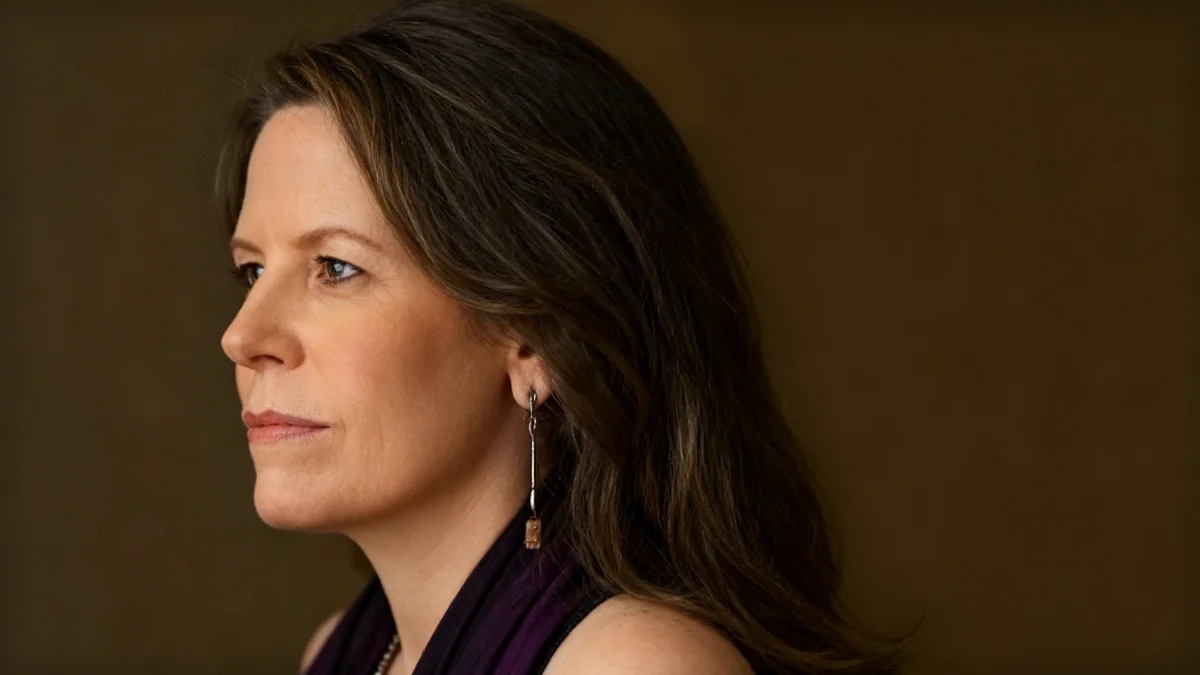A recent lyrical exchange between pop artists Taylor Swift and Charli XCX has sparked a wider public discussion about different approaches to feminism within the music industry and beyond. The conversation highlights contrasting views on advocacy, community engagement, and self-perception among high-profile female artists.
Key Takeaways
- Taylor Swift's new album features a song with lyrics perceived as a response to Charli XCX.
- Charli XCX previously released a song discussing feelings of inadequacy next to major pop stars.
- The lyrical exchange has prompted analysis of their distinct feminist perspectives.
- Charli XCX's approach emphasizes organic inclusion and addressing complex emotions.
- Taylor Swift's advocacy is often seen as more public, declarative, and focused on broad equality statements.
The Lyrical Exchange and Initial Reactions
The core of this discussion stems from a track titled "Actually Romantic" on Taylor Swift's latest album, "The Life of a Showgirl." Listeners have identified lines in this song that appear to be a direct response to Charli XCX. This interpretation follows Charli XCX's earlier song, which reportedly explored her feelings of being overshadowed by a more prominent pop star.
The perceived lyrical jab quickly gained attention online. Fans and critics began to analyze the implications of such an exchange between two influential artists. This conversation extends beyond musical interpretation, touching on broader social themes.
"It's not just about music, but about a larger tension between two belief systems," one observer noted, highlighting the depth of the public discourse.
Contrasting Feminist Frameworks
The perceived conflict between Swift and Charli XCX has brought into focus their differing expressions of feminism. These differences resonate with wider discussions within progressive discourse, particularly concerning how systemic oppression is understood and addressed.
Fact Check
Taylor Swift's 2020 documentary, "Miss Americana," detailed her previous reluctance to engage in political statements, citing fears of alienating her fanbase. This historical context informs current perceptions of her advocacy.
Charli XCX's brand of feminism, as interpreted by many, involves a candid exploration of complex emotions. This includes acknowledging feelings that might inadvertently support the very systems that cause oppression. Her work often delves into the nuanced and sometimes uncomfortable aspects of personal experience.
Conversely, Taylor Swift's feminism often appears more centered on public declarations of equal rights. It frequently frames her position as being under attack. This approach relies on highly visible statements and broad appeals for fairness.
Charli XCX's Approach to Community and Inclusivity
Charli XCX's career trajectory and collaborations offer insight into her feminist perspective. Before her album "Brat" achieved widespread success, Charli XCX primarily created music for niche communities. These audiences often included marginalized groups.
Early in her career, after experiencing mainstream success in the early 2010s with tracks like "I Love It," Charli XCX made a conscious decision to pursue more experimental music. She frequently expressed a preference for cultivating a dedicated, smaller fanbase over chasing mass market appeal. This choice allowed her to connect more deeply with specific communities.
Her collaborations consistently included trans artists such as Sophie and Kim Petras. In her recent "Brat" era, Charli XCX continued this pattern. She brought close friends, including trans model Alex Consani and trans stylist Richie Shazam, into her artistic world. These collaborations were integrated organically, without explicit declarations of support.
Background Information
The term 'gentrified beef' refers to a perceived conflict that lacks the intensity or stakes of more traditional, aggressive musical rivalries, often implying a softer, more commercialized version of a 'diss track' exchange.
According to many observers, Charli XCX's world is built alongside trans women. Their presence in her art is natural and inherent. She consistently demonstrates an understanding that the well-being of the trans and queer community is intertwined with her own success as a woman in the music industry.
Taylor Swift's Advocacy: Public Statements and Perceptions
Taylor Swift's engagement with marginalized communities, including the trans community, has often been perceived differently. Her advocacy tends to be more explicit and publicly announced.
In her 2020 documentary, "Miss Americana," Swift discussed the challenges she faced in taking public stances on social issues. She expressed concerns about potentially alienating her large fanbase. This period marked a shift in her public persona toward more direct activism.
Swift's first known musical work directly addressing the LGBTQ community was her 2020 song and music video, "You Need to Calm Down." While any act of advocacy is important, some critics and activists have raised concerns about Swift's support appearing performative. Her efforts are often accompanied by public announcements of her commitment, leading to questions about the depth of her engagement beyond visible declarations.
Statistic
Social media engagement surrounding the perceived lyrical exchange increased by over 300% in the first 48 hours after Swift's album release, indicating significant public interest.
For some, Swift's connection to queer people, while seemingly positive, does not appear to be an indispensable part of her core artistic or personal world. This contrasts with artists whose work and personal circles organically reflect diverse communities without needing overt statements.
Feminism, Nuance, and Public Perception
The broader conversation around Taylor Swift's advocacy, including her feminism, often points to its public and declarative nature. Critics suggest it sometimes lacks nuance. This public approach may explain why she reportedly interpreted Charli XCX's song as a direct personal attack rather than an expression of insecurity or complex emotion.
Charli XCX, through her work, has consistently shown a feminist approach that embraces queer individuals organically. Her music is unafraid to explore complex feelings and does not center on the male gaze. This offers a different model compared to Swift's, whose recent lyrical response, claiming Charli XCX loves her "more than a man ever could," still frames the interaction in relation to male validation.
The differing styles of these two artists highlight a broader ideological divide. One perspective values direct, public declarations and broad statements of equality. The other emphasizes organic inclusion, candid self-reflection, and an understanding of interconnected oppressions. This discussion continues to evolve as both artists release new work and engage with their audiences.
- Public discourse often examines celebrity actions through the lens of social responsibility.
- Artist collaborations can signal deeper commitments to specific communities.
- The interpretation of lyrical content can vary widely among audiences.




